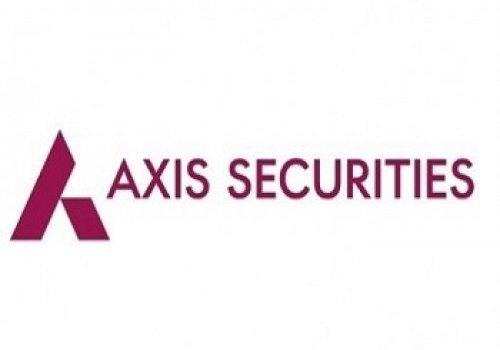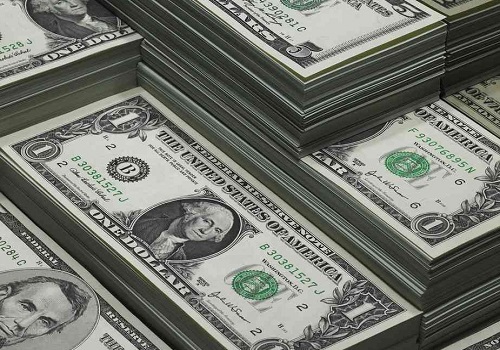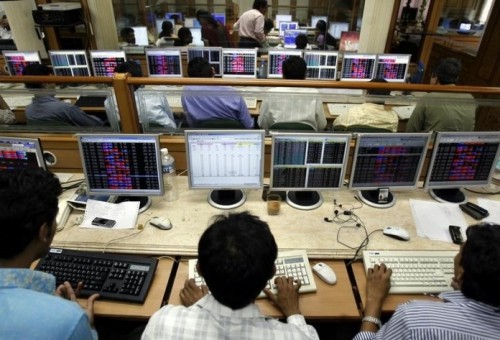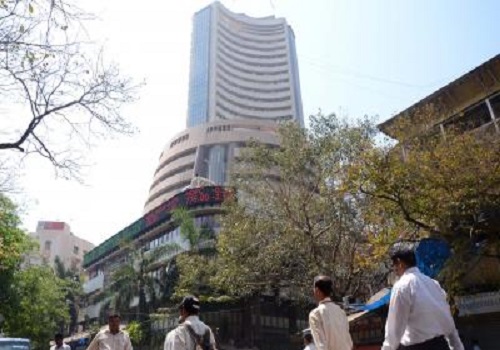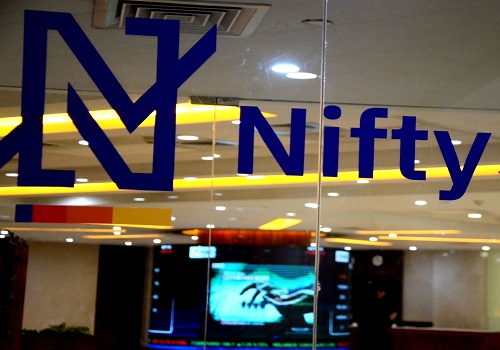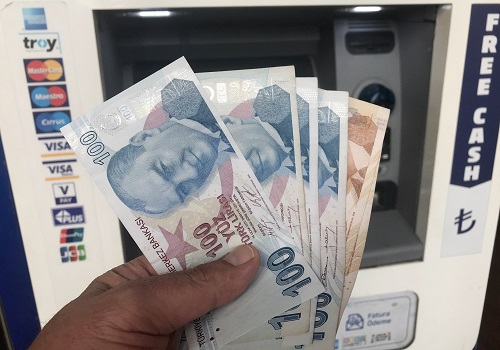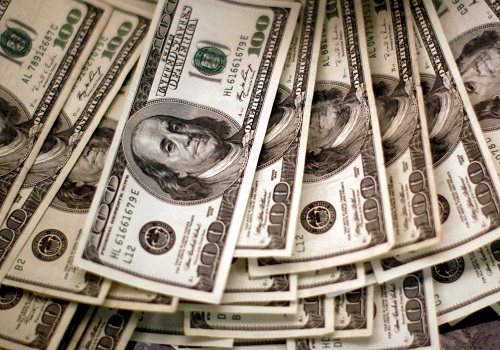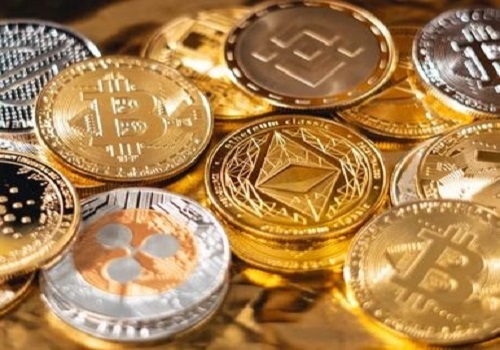Euro falls, Aussie jumps as currency market risk appetite picks up
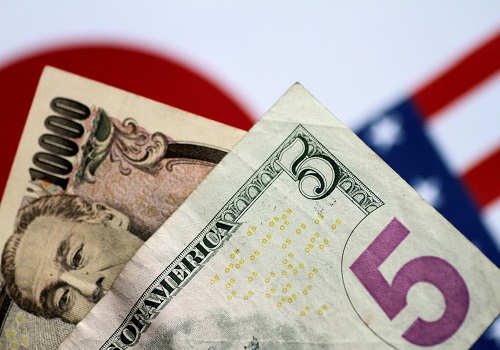
Follow us Now on Telegram ! Get daily 10 - 12 important updates on Business, Finance and Investment. Join our Telegram Channel
https://t.me/InvestmentGuruIndiacom
Download Telegram App before Joining the Channel
LONDON - Monetary policy support in China and hopes that the Omicron variant of COVID-19 would be less severe than previously expected boosted currency market risk appetite on Tuesday, with the Australian dollar rebounding and the euro heading back towards 2021 lows.
Global stock markets and oil gained, leaving traders to dump safe-haven currencies and bonds, as markets took confidence from reports in South Africa earlier in the week saying that Omicron cases there had only shown mild symptoms.
On Sunday, the top U.S. infectious disease official, Anthony Fauci, told CNN "it does not look like there's a great degree of severity" so far.
Developments in China contributed to the risk-on tone, as the People's Bank of China (PBOC) said it would lower the amount of cash that banks must hold in reserve. This was its second such move this year and is seen as a way to release liquidity to support economic growth.
The PBOC also cut the rates on its relending facility by 25 basis points to support the rural sector and small firms.
At 1254 GMT, the dollar index was up around 0.1% on the day at 96.392.
The euro was down 0.3% at $1.1255 - having struggled to recover since hitting its lowest so far in 2021 last month, hurt by expectations that the U.S. Federal Reserve will tighten policy more quickly than the dovish European Central Bank.
German investor sentiment deteriorated in December as a fourth wave of COVID-19 infections and persistent supply bottlenecks in manufacturing clouded the growth outlook for Europe's largest economy, the ZEW survey showed.
“The euro is being used as a vehicle to fund long risk trades," said Kenneth Broux, FX strategist at Societe Generale.
"The Chinese economy is the second largest in the world. So markets are not really immune to an easing of monetary policy there and that is typically quite bullish for equity and risk assets."
The offshore yuan was up around 0.1% at 6.3683.
The New Zealand dollar was also higher, up 0.2% at $0.6769 and the British pound was steady at $1.32495.
The Australian dollar, seen as a liquid proxy for risk appetite, was up 0.8% at $0.7105 at 1301 GMT, extending gains from Monday when it had its best percentage rise in seven weeks.
At its meeting, the Reserve Bank of Australia made no policy changes but said that Omicron was not expected to derail the country's economic recovery. Analysts said that market speculation about quicker tapering of the central bank's bond-buying was also supporting the currency.
"The impact of Omicron ultimately holds the key to the policy direction in the near term, but the RBA has clearly positioned itself among those central banks (like the Fed) that do not currently see the new variant as likely to truly dampen the recovery and policy plan," wrote ING FX strategists in a note to clients.
"With still a lot of short positions to be unwound, this is a notion that can continue to offer support to the Aussie dollar in the coming weeks."
In focus is a video conference between U.S. President Joe Biden and Russian President Vladimir Putin, in which Biden is expected to say that Russia will be hit with the toughest economic sanctions yet if it invades Ukraine.
The Russian rouble firmed ahead of the call.
Major cryptocurrencies continued to recover following the weekend's crash. Bitcoin was up around 1% at $51,045.09, still below the all-time high of $69,000 reached last month.



